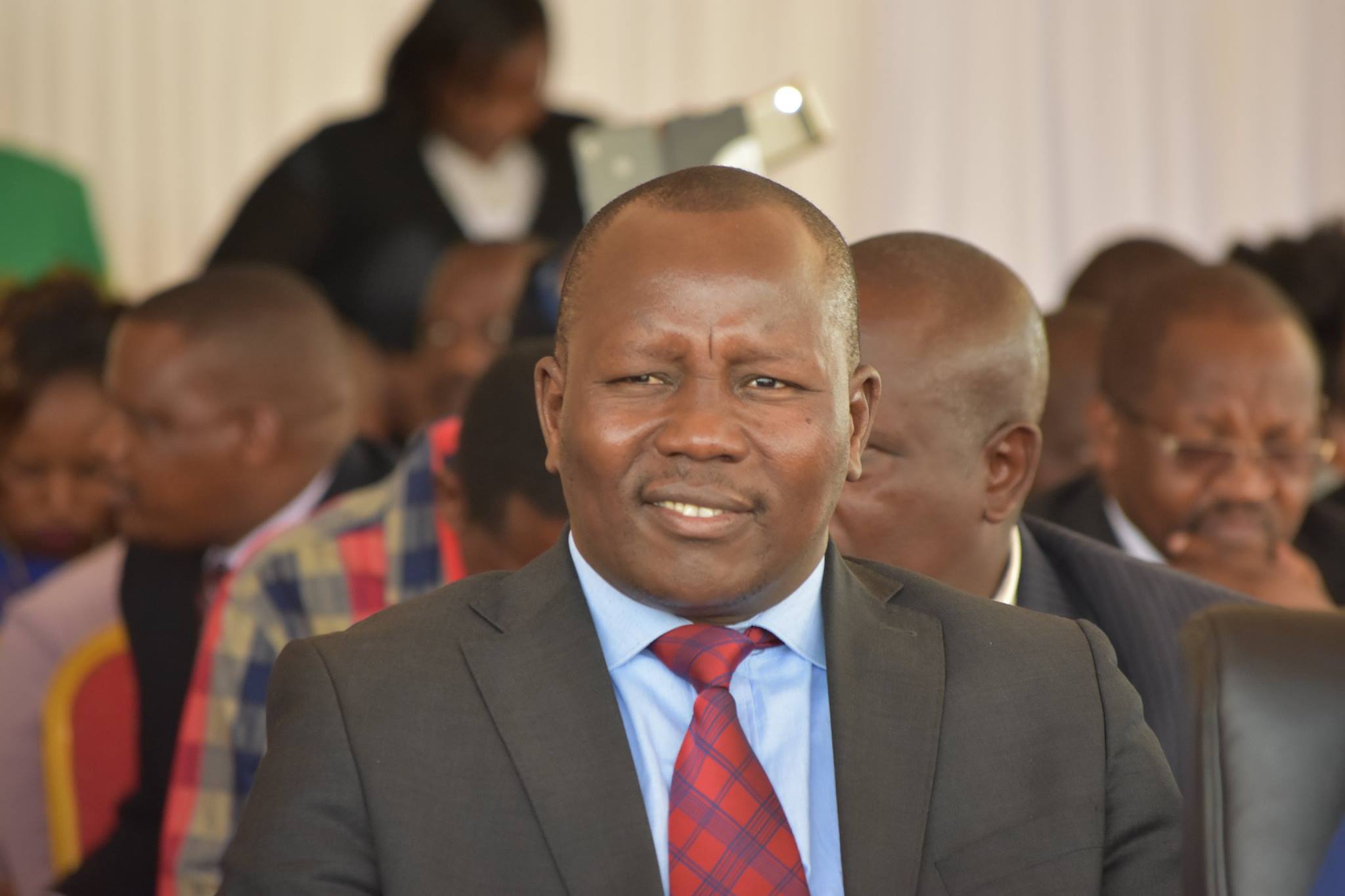BY ISAAC MWANGI
The devil, they say, is in the detail. When it comes to development and the prospects of the future, that detail is to be found in the investment that a society makes in the education of its children. It is a lesson that few countries learn and actualize easily, but one with severe ramifications. Within the context of devolution, Kajiado County would do well to gain a head-start by focusing its energies and attention on this key sector.
As it is, the county government has done some commendable work, giving bursaries to supplement funding for students at all levels of education, in addition to building of early childhood development centres and other facilities. But are these efforts sufficient, and done at the right scale, to create the desired impact?
According to the Kajiado County Annual Development Plan for 2017/18, the amount allocated for public service, administration and citizen participation was almost Ksh2.1 billion, about a quarter of the Ksh8.2 billion set aside for development. Education, by contrast, was allocated a meagre Ksh720 million.
To put the matter in a better context in terms of the county’s priorities, it is appropriate to also consider that a whopping Ksh404 million was earmarked for use by the County Assembly in workshops and exchange programmes, which amounts to virtually putting cash in the pockets of MCAs, yet this amount is well over half of that allocated to such an important sector as education. As this happens, bursaries are hardly enough to go round, or even to reasonably cover the costs of beneficiaries, especially those in tertiary institutions.
To understand the important part played by education in the development of a community is not difficult. It is often said that the countries commonly referred to as the Asian Tigers were at a comparable level of development as Kenya at the time of our independence.
Unlike ourselves, however, they were focused. One of the key planks that enabled these Far Eastern countries to quickly jump ahead was the attention they paid to human resource development, which essentially boils down to having an education system designed to best serve the interests of a country.
The same can be said of China, whose engineers are to be found throughout Africa today, building roads for countries that gained independence decades ago but cannot put up their own projects. Despite churning out civil engineers from our universities every year, and the fact that we have problems accommodating many of these highly-skilled graduates in the economy, we jump at the opportunity to employ Chinese graduates in our own economy, with nothing by way of reciprocation.
Our magnanimity — some would say imbecility, depending on how one looks at it — has extended to importation of doctors from Cuba. We make such decisions without asking ourselves basic questions about how Cuba, a country endowed with far less resources than ourselves, was able to churn out doctors for export worldwide. A small country such as this one could even send troops thousands of miles away in Angola and force the apartheid South African regime to come to the negotiating table, yet African countries with all their vast resources could do very little on their own.
Essentially, these countries invested a lot in social services. They did not neglect other sectors of the economy, but deliberately skewed the allocation of resources in favour of education and health. Without a healthy population, all other economic activities come to a standstill. And without a proper education system that churns out thinkers and professionals, all sectors of the economy suffer.
The important role of education in the present and future development of our country is hardly ever appreciated. It is no wonder that when bankers or pilots threaten to go on strike, their issues are quickly looked into. Not so with teachers, who are seen as more easily dispensable. Yet, it is teachers at all levels of the education system who are responsible for moulding and churning out not only bankers and pilots, but also engineers, doctors, scientists, journalists, architects, and all other professionals required in the economy.
To understand the damage that may result from a neglect of the education system, one needs to look no further than the crisis facing our academic institutions vis-à-vis complaints by captains of industry about the quality of our graduates. We have decided it doesn’t hurt to humiliate our teachers. Our universities equally mistreat lecturers, with payments for part-time staff delaying for up to four years and beyond. In turn, little attention is paid to actual teaching by these demoralized staff, leading to what has come to be known as “half-baked graduates.”
Thus, industries are forced to spend even more capital training graduates, who ought be virtually ready to work as professionals in their respective fields when they leave university. The impact of incompetent and unethical graduates then creates a ripple negative effect on the economy when these people are deployed in key decision-making positions as judges who cannot dispense justice, as policymakers who come up with outrageous decisions, and engineers who can only come up with simple contraptions.
At the current low level of resource allocation for education, poverty and inequality will become a self-perpetuating phenomenon, since devolution is unable to fully rise to the challenge. When it is more important to gobble up funds in large bureaucratic administrative structures than to invest in education and research, the county – and country at large since this trend is replicated elsewhere both at the county and national levels — will remain in a development quagmire.
For the people of counties such as Kajiado, their aspirations will remain a distant dream and the exploitation by other more developed counties is likely to continue, unless the county administration accords priority to education and the development of critical manpower by stopping lip service and putting the money where the mouth is.
Isaac Mwangi is a university lecturer and communications consultant. Email: isaacmmwangi@gmail.com
